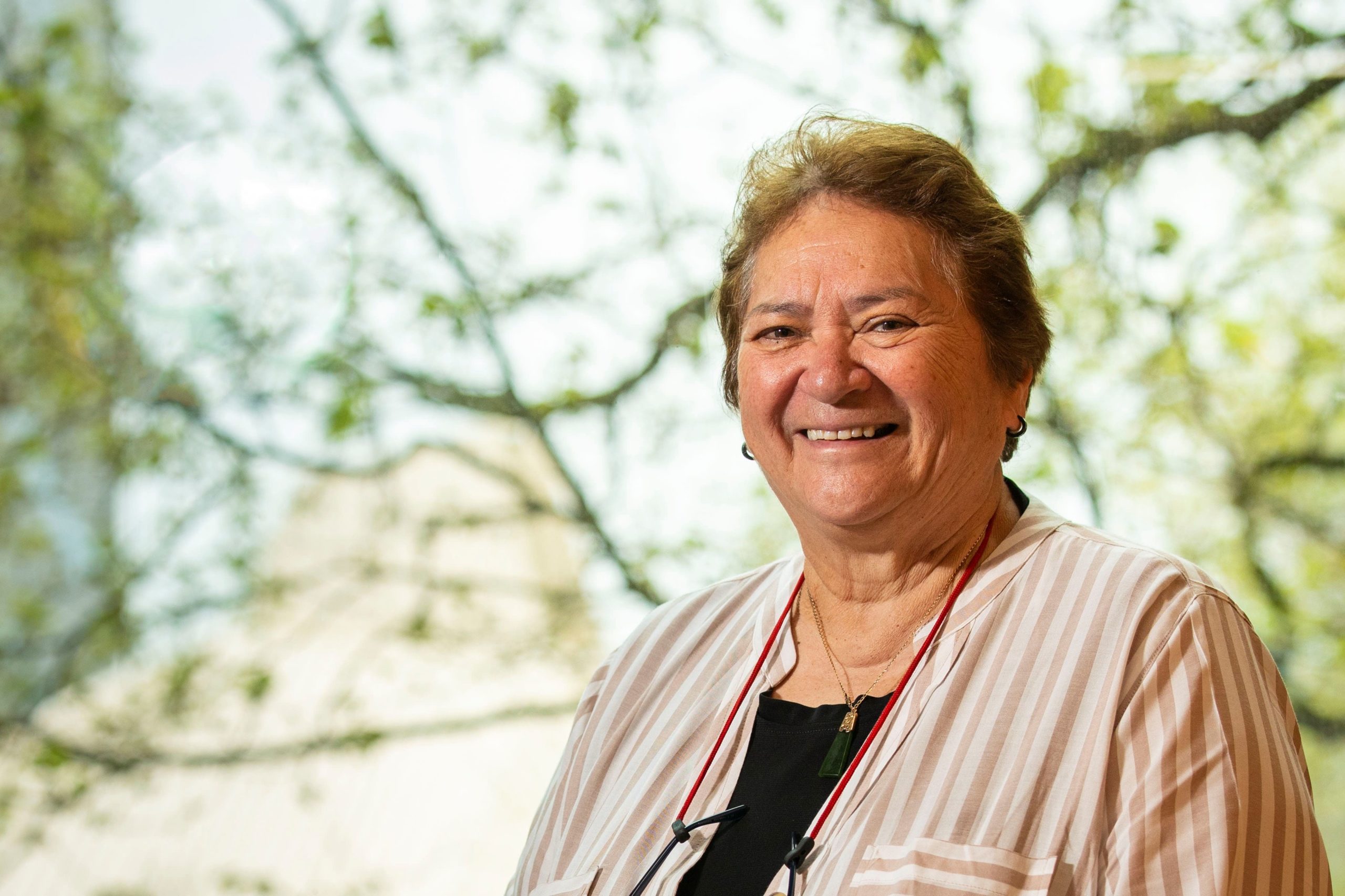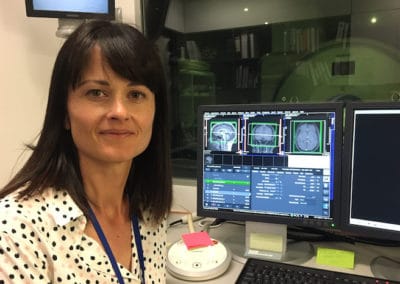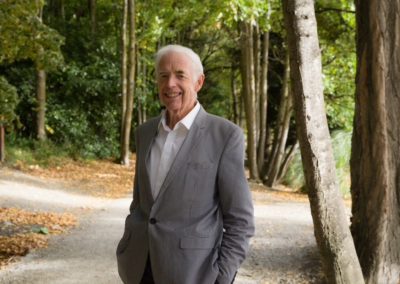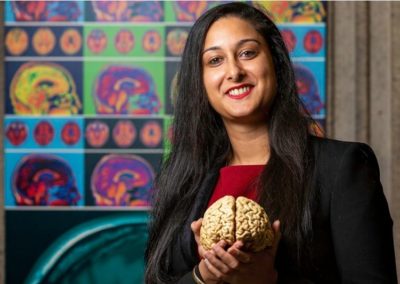Even though Māori are diagnosed with dementia much younger than non-Māori, and it is predicted that they will make up 8% of New Zealanders living with dementia by2038, little is known about how this disease affects Māori. Most research is still conducted through a western lens, and services – from education to assessments to treatments – are predominantly aimed at New Zealand Europeans. But fortunately, there are people amongst us who are trying to change the story.
Dr Makarena Dudley (Te Rarawa, Te Aupōuri, Ngāti Kahu) has made it her mission to improve Māori health and wellbeing during ageing, and while doing so, empower Māori to determine their own pathways to health. Recently, Makarena has been developing an app for the prevention of dementia or, as it is called in te reo Māori, mate wareware. “Our ultimate goal is to reduce dementia in Māori,” Makarena explains. “I think we can assist in achieving that goal by providing an app that raises awareness and informs. After all, education is empowerment!”
With funding from BRNZ and the Medical Technologies (MedTech) CoRE, Makarena has assembled a diverse, inter-institutional team, drawing on the expertise of Marcus King from MedTech and Callaghan Innovation, Hohepa Spooner (Ngāti Kahungunu, Ngāti Hineuru) from AUT, researchers from the University of Auckland and AUT, and health care workers focusing on dementia.
Collaboration has also been central to the development process, with the end-users as critical partners at every step. Kaumātua of whānau affected by mate wareware helped to identify the topics that should be covered in the app, and they also suggested to consult mokopuna (grandchildren), as they are critical in supporting their whānau when it comes to accessing technology.
Taking the time to find out what Māori need and want from such an app, will ensure it has real impact, Makarena says. It is clearly made for Māori, which is reflected not only in the creation process, but also in the app interface. In accordance with tikanga Māori, users are welcomed to the app through an introduction and karakia by kuia and kaumātua. All the people featured in videos are Māori, from the social worker to the whānau affected by mate wareware. Fact sheets and research findings went through the process of “whakamāori”, where the wording is adapted to make it more suitable to Māori users.
Makarena and her team have built a prototype of the app called “Te Ōranga o te Roro”, which covers the topics of education and risk reduction, support for kaumātua living with mate wareware and their whānau. They are starting user-testing with whānau to further refine the app and aim to fully launch it in 2021. Makarena is very excited about the potential of the app – for decreasing the prevalence of dementia, but also for empowering Māori to take matters in their own hands: “I sincerely believe that our future and well-being lies with us, within our own culture and having a positive identity.” And we believe that is a vision that can truly change outcomes for Māori and rewrite the story.



